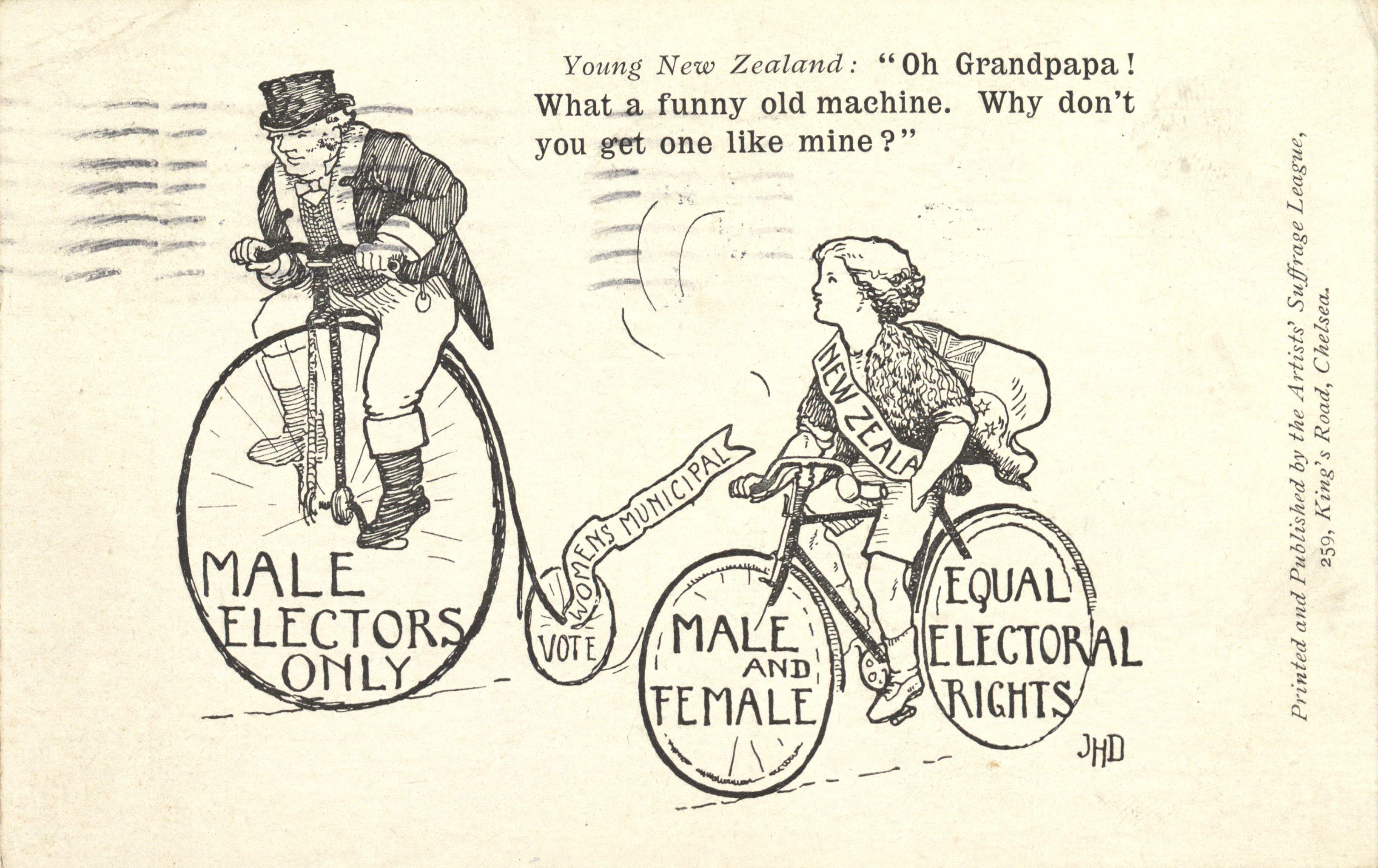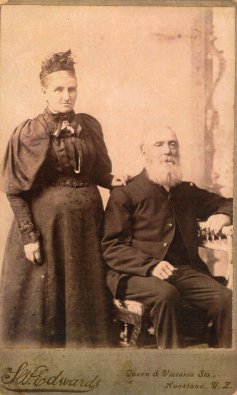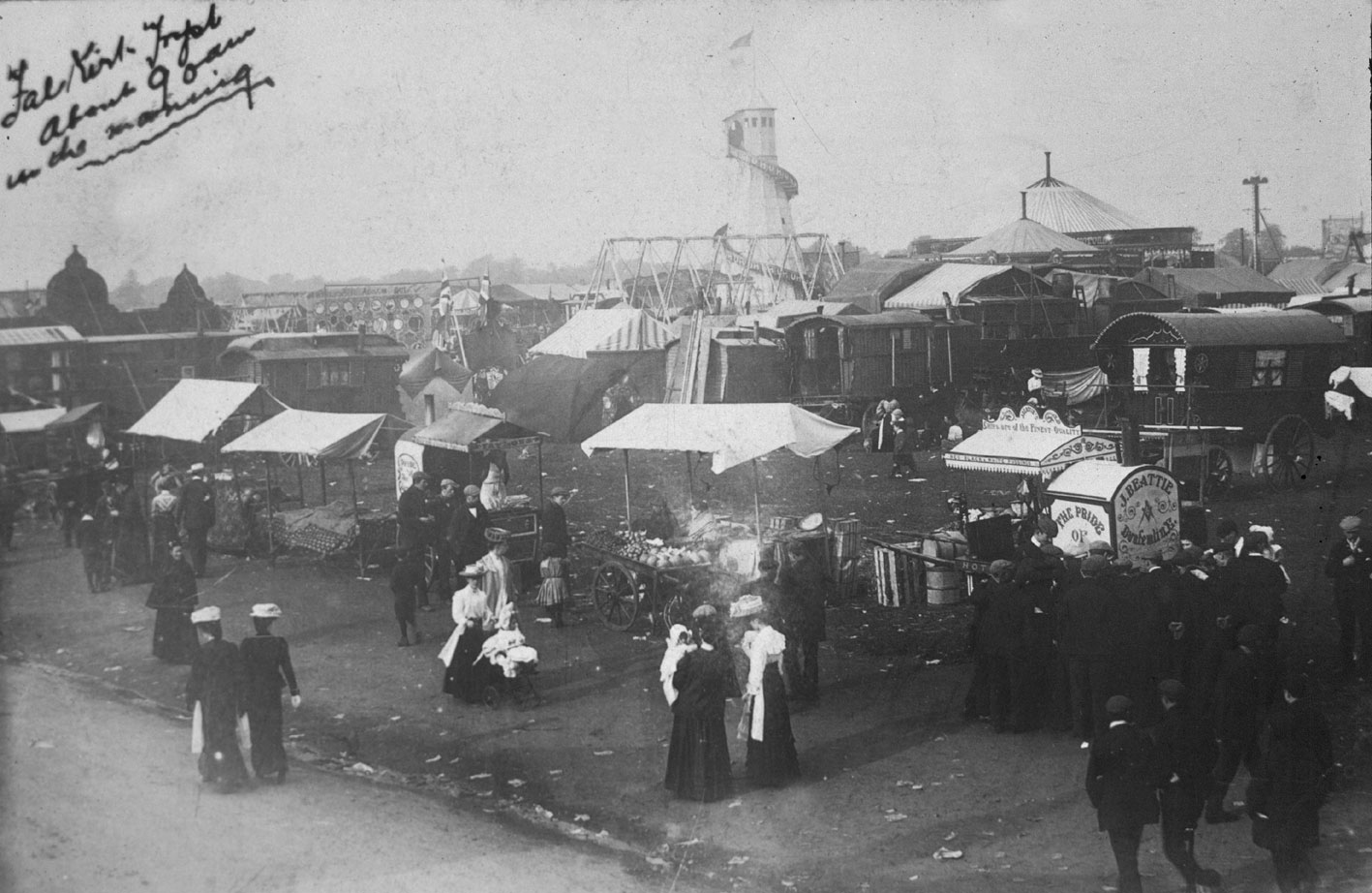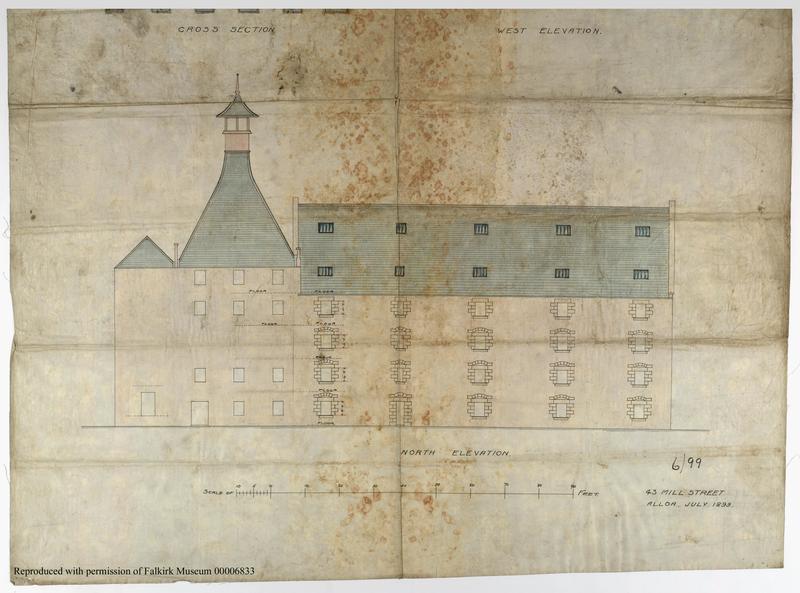She is well-known in New Zealand, the first country to give women the vote, but few people in Scotland know that temperance campaigner and suffragist Elizabeth Caradus was born in Falkirk.
Elizabeth Russell was born on the 26th of April 1832 in Falkirk, and was the eldest child of David Russell, a carpenter, and Elizabeth Adam. The family sailed to Auckland, New Zealand, on the Jane Gifford ship, in October 1842.
Elizabeth began working as a cobbler in Queen Street as a child, often walking long distances to deliver boots. She married twenty-five year old James Caradus, a prize-winning rope-maker, when she was sixteen years old. They had fifteen children, seven of whom died in infancy. His rope business failed, however, and he moved on to carpentry, and then went to work in the goldfields in Australia, without much success. Meanwhile, Elizabeth ran a shop, which stayed in the family until 1910, at the front of their home in Freemans Bay. James also built cottages in the area and they earned money through rents.
The couple were both Wesleyans and were involved in community social temperance work. They attended the Pitt Street Wesleyan Church and ran the Freemans Bay Mission in Union Street for many years. Elizabeth was active in the Ladies’ Christian Association, and held prayer and sewing meetings for local mothers in the family home. She was a founding member and later vice president of the Young Women’s Christian Association, was elected an honorary member of the Tailoresses’ Union, and was a member (she turned down the post of president, perhaps because of her other commitments) of the Women’s Christian Temperance Union.
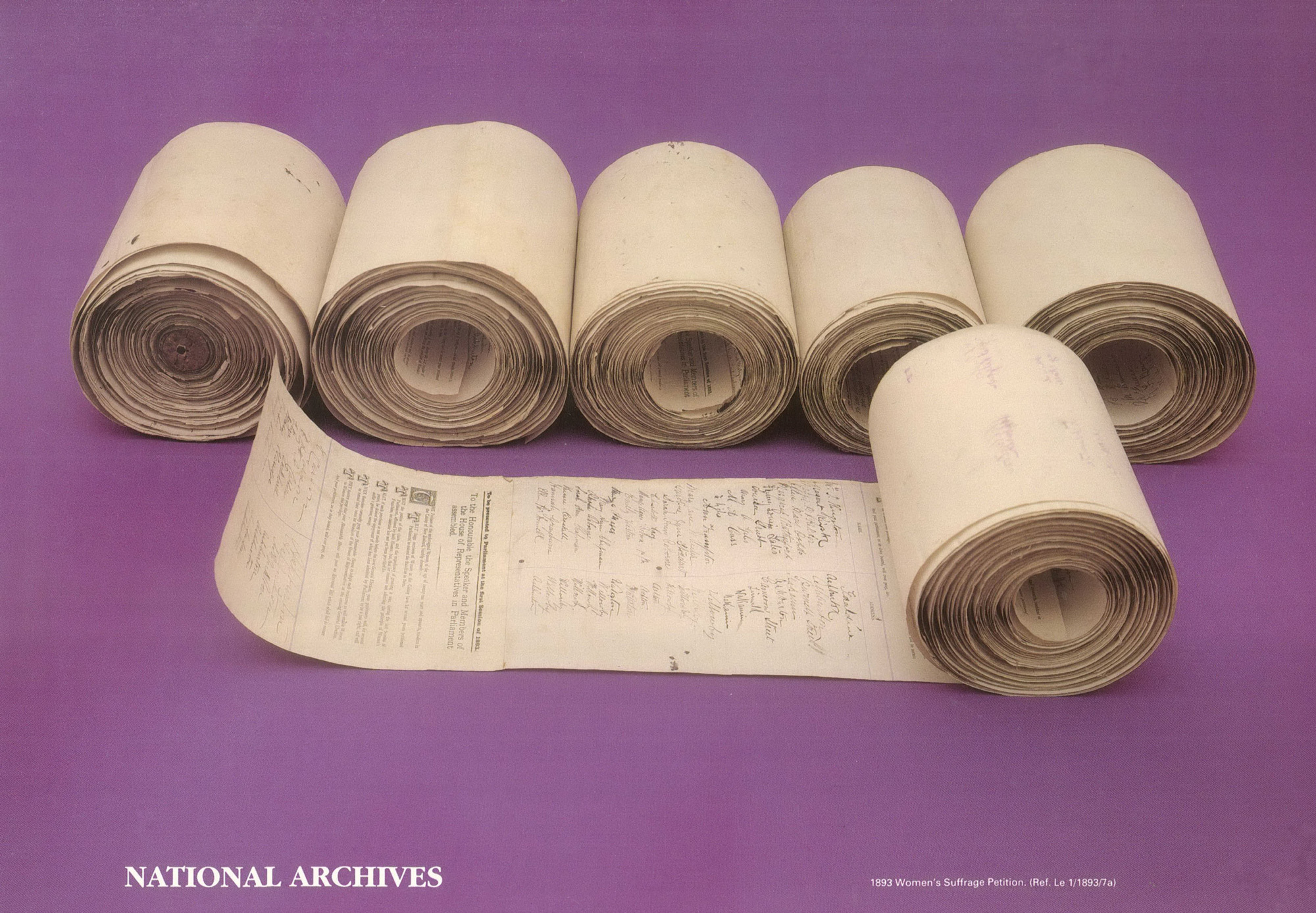

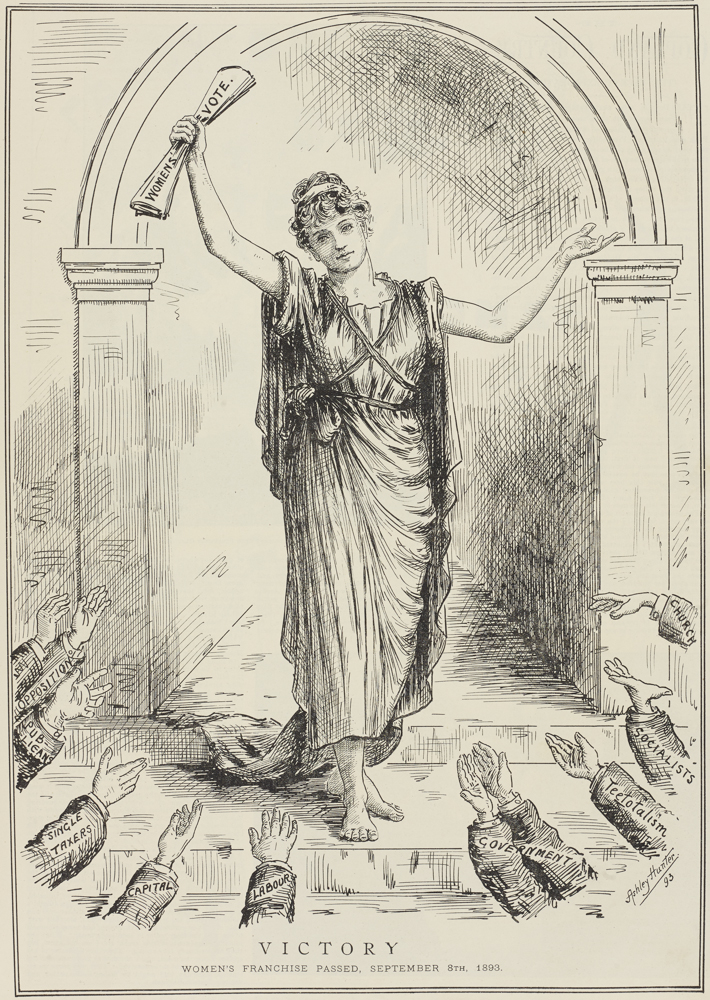

Caradus also campaigned for women’s rights as treasurer of the Women’s Franchise League, established in 1892, and as a member of the Auckland branch of the National Council of Women of New Zealand. She frequently gave public speeches, moved resolutions, and took part in deputations. She was a passionate supporter of women’s right to sit on charitable aid boards, and a vocal opponent of gambling, as well as supporting the repeal of the Contagious Diseases Act 1869. Caradus was known to take strong positions on important issues, and to speak with “zeal,” giving “excellent and pithy” speeches. For example, when she was in a deputation to the Auckland City Council about repealing the Contagious Diseases Act, “she spoke so forcible [sic] that one member of the Council acknowledged himself converted.”
Unlike many suffragist leaders in New Zealand, Caradus came from a working class background, and balanced her activism with business and family commitments, which only makes her achievements more impressive. She remained politically active into her eighties and died in Auckland on the 5th of November 1912. She was survived by seven children.
In 1893 New Zealand became the first country in the world to grant women the vote. The Women’s Suffrage Petition: Te Petihana Whakamana Poti Wahine was signed by nearly 24,000 women across the country. Caradus undoubtedly played a vital role in this historical moment.
By Saskia McCracken.
